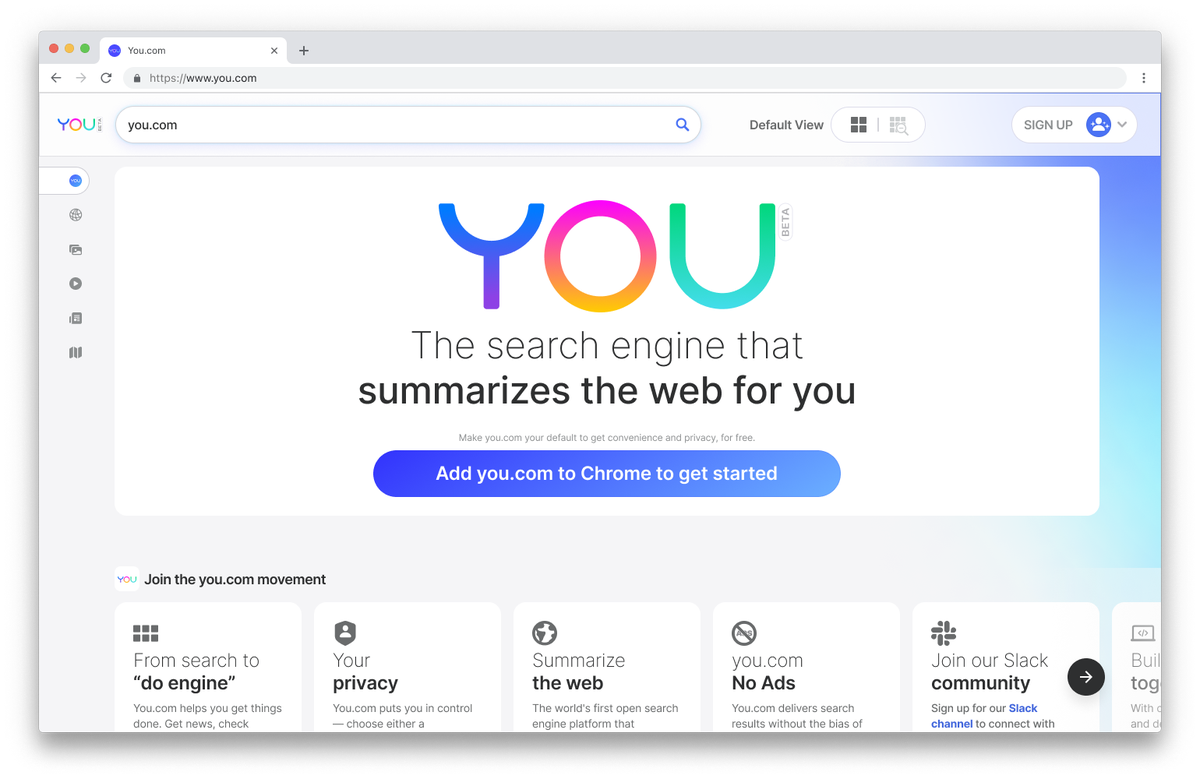Apple's Actions: Unintentional Support For Google's Dominance?

Table of Contents
Apple's Reliance on Google Search as Default
For years, Google Search has been the default search engine on iPhones and iPads. This long-standing partnership, while financially lucrative for Apple, presents a significant competitive disadvantage for alternative search engines like Bing, DuckDuckGo, and others. The revenue-sharing agreement between Apple and Google is a testament to this mutually beneficial (for Apple and Google) but potentially anti-competitive arrangement. But is this truly seamless for users? The answer is nuanced. While users benefit from a familiar interface, the lack of readily accessible alternatives within the iOS ecosystem creates inertia. Switching the default search engine is possible, but it's not intuitive, leading to most users sticking with Google.
- Revenue sharing agreements: Apple receives a substantial portion of Google's search revenue generated through iOS devices.
- User inertia: The ease of sticking with a familiar interface discourages users from exploring alternatives.
- Lack of viable alternatives: The prominence of Google Search on iOS limits the visibility and usability of competitor search engines.
Apple Maps' Limitations and Google Maps' Ubiquity
Despite significant improvements in recent years, Apple Maps still lags behind Google Maps in terms of accuracy, completeness, and overall features. This disparity inadvertently funnels users toward the Google ecosystem. Many users, frustrated by Apple Maps’ limitations, simply default to Google Maps, which is often seamlessly integrated into third-party apps on iOS. The impact on user experience is clear: incomplete or inaccurate mapping data leads to frustration, further solidifying Google Maps' position as the preferred choice.
- Accuracy and completeness: Google Maps boasts a far more comprehensive and accurate map database.
- Third-party app integration: Many iOS apps default to Google Maps for location services, reinforcing user reliance on Google.
- Incomplete data impact: Inaccurate or missing information in Apple Maps directly drives users to the more complete Google Maps.
The Advertising Ecosystem and Apple's Privacy Focus (A Double-Edged Sword)
Apple's commitment to user privacy, exemplified by initiatives like App Tracking Transparency (ATT), has significantly impacted the targeted advertising industry. While this strengthens user privacy, it arguably benefits Google's advertising dominance indirectly. Google, with its vast data collection capabilities and sophisticated algorithms, is better positioned to navigate the changing privacy landscape and continue delivering personalized advertising, albeit in a more privacy-respecting manner. The complexities of balancing user privacy with personalized experiences present a challenge that Google seems better equipped to handle currently.
- App Tracking Transparency (ATT): ATT limits the ability of apps to track user activity across other apps and websites, impacting targeted advertising.
- Google's adaptability: Google's vast resources and data infrastructure have enabled it to adapt to privacy regulations more effectively than smaller competitors.
- Centralized advertising: The shift towards privacy-preserving advertising might inadvertently favor companies like Google, with their established infrastructure for contextual advertising.
The App Store and Google's App Dominance
The App Store plays a crucial role in the success of Google's apps on iOS. Pre-installed apps, like Gmail and Google Maps, enjoy significant prominence. While Apple's app approval process aims to maintain quality and security, it inadvertently reinforces Google’s existing dominance in various app categories (email, calendar, maps, etc.). The App Store's ranking algorithms, while complex, may also inadvertently favor already popular Google apps, making it harder for competitors to gain visibility.
- Pre-installed Google apps: Google apps come pre-installed on many iOS devices, providing immediate and readily available access.
- Category dominance: Google apps often hold leading positions in their respective categories, creating a significant competitive advantage.
- App Store ranking algorithms: The algorithms influencing app discoverability might indirectly favor established apps like those from Google.
Conclusion: Navigating the Apple-Google Interplay and the Future of Competition
This article highlights how several seemingly independent Apple choices inadvertently support Google's dominance across various sectors of the tech landscape. From default search engines to map applications and the broader advertising ecosystem, Apple’s actions have, in some instances, created conditions favorable to Google's growth and market share. The question remains: Will Apple significantly alter its strategy to lessen its unintentional support for Google's dominance? The future of competition in the mobile ecosystem may hinge on this very question. What actions could Apple take to lessen its unintentional support for Google's dominance? Share your thoughts in the comments below!

Featured Posts
-
 Ufc 315 Betting Odds Breakdown Mm Amania Coms Predictions
May 11, 2025
Ufc 315 Betting Odds Breakdown Mm Amania Coms Predictions
May 11, 2025 -
 Ai Powered Podcast Creation Turning Mundane Scatological Data Into Engaging Content
May 11, 2025
Ai Powered Podcast Creation Turning Mundane Scatological Data Into Engaging Content
May 11, 2025 -
 Following Suri Cruises Birth Tom Cruises Unusual Actions
May 11, 2025
Following Suri Cruises Birth Tom Cruises Unusual Actions
May 11, 2025 -
 25 Years At Bayern Thomas Muellers Sentimental Allianz Arena Departure
May 11, 2025
25 Years At Bayern Thomas Muellers Sentimental Allianz Arena Departure
May 11, 2025 -
 Two Celtics Players Unexpectedly Drop 40 Points Each In Single Game
May 11, 2025
Two Celtics Players Unexpectedly Drop 40 Points Each In Single Game
May 11, 2025
